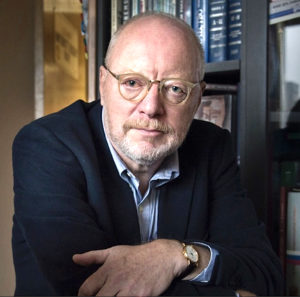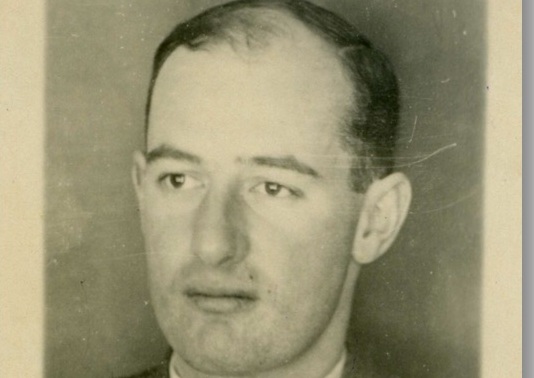09.04.2021
New insights into the extremely passive attitude of the Swedish government in the decisive years (1945-1947) in the Raoul Wallenberg case
Important new research findings in the case of Raoul Wallenberg the young Swedish diplomat who disappeared in the Soviet Union in January 1945, strongly suggest that the extreme passivity of the Swedish government in the decisive years 1945-1947 was a conscious decision, based on a variety of motives.
In addition to the question of when exactly and under what circumstances Raoul Wallenberg died in the Soviet Union, one central issue that remains to be fully resolved is why the Swedish Foreign Ministry almost immediately after Wallenberg’s disappearance in January 1945 accepted claims that he was dead and could not be saved.
Two separate studies released earlier this year by Wallenberg experts Susanne Berger and Vadim Birstein – The Secret Swedish-Hungarian Intelligence Sharing Agreement of 1943-44: Possible implications for the Raoul Wallenberg Case and “Why did Raoul Wallenberg ask to go to Moscow in January 1945?” – outlined previously unknown factors that may have affected the official Swedish handling of the Wallenberg question in 1945, as well as in later years.
It needs to be clarified to what extent these hitherto unknown or little understood factors influenced official Swedish behavior in the Wallenberg case from 1945-1947 and in later years, including the official investigation by the Swedish-Russian working group in the 1990s.
To deepen this discussion, we are presenting the first in a series of three papers exploring the issue further:
Bengt Jangfeldt:
Raoul Wallenberg and the question of the whereabouts of Jewish valuables
Peter Axelsson:
Raoul Wallenberg: Can a Swedish billion-crown loan to the Soviet Union explain Staffan Söderblom’s catastrophic meeting with Stalin?
Susanne Berger and Vadim Birstein:
Staffan Söderblom’s serious guilt complex
The new findings outlined in these studies strongly suggest that – contrary to previous claims – Sweden’s failure in the Wallenberg case was not simply due to serious failures in the Swedish administrative apparatus, the chaotic post-war conditions, individual incompetence, Wallenberg’s status as an “outsider” or Sweden’s overwhelming fear of the Soviet Union. Instead, it appears that the Swedish government’s extreme passivity in the Raoul Wallenberg case in many ways appears to have been a conscious decision by a select group of Swedish officials to place the political and economic l interests, as they defined it, over the need to clarify the fate of one of their fellow diplomats.
The new research results lead to an at least partial reassessment of the behavior of important actors in the Wallenberg case, including that of Sweden’s controversial Ambassador to Moscow (1945-1946), Staffan Söderblom and other Swedish officials. The new insights also point to fascinating and important additional research approaches to the still unanswered questions concerning Raoul Wallenberg’s fate.
Today we start the series with the contribution of Bengt Jangfeldt
 Bengt Jangfeldt – born 1948, Professor emeritus of Slavic languages and literature at Stockholm University. Author of several biographies, including The Hero of Budapest: The Triumph and Tragedy of Raoul Wallenberg(London: I.B. Tauris 2014)
Bengt Jangfeldt – born 1948, Professor emeritus of Slavic languages and literature at Stockholm University. Author of several biographies, including The Hero of Budapest: The Triumph and Tragedy of Raoul Wallenberg(London: I.B. Tauris 2014)






